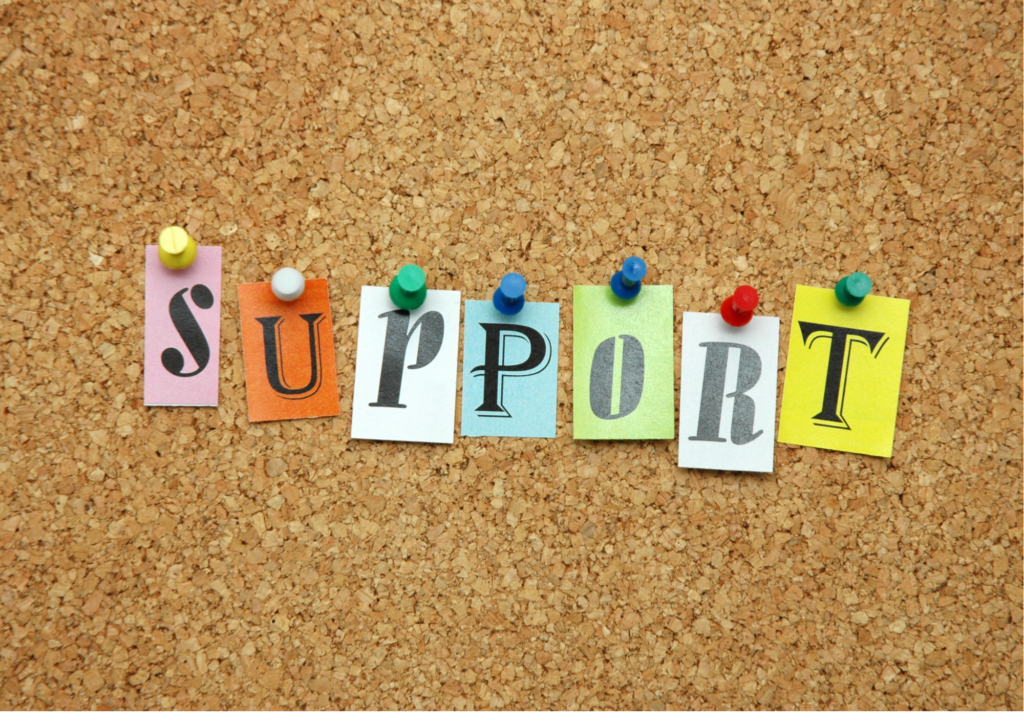I’m standing in the living room, tears streaming down my face. My husband Doug’s brown eyes have that deer in the headlights look, but he’s saying in complete anguish ‘I don’t know how to help, tell me how I can help you’ .
What do I need?
I’ve really lost it, and I feel drained. It occurs to me I have a list, one made for just such times as these, recommended by many an article in health and beauty magazines. Walks are pretty basic for me when I need to destress. “I want to go to the lake”. Just the thought of it calms me down, so I grab my favorite purple mittens against the cold February wind.
As we walked along that day, we discussed regular walks as a preventative. It was a new perspective for Doug. We walked the dog, not the humans. It changed things for him, and from being the guy who picked the quickest route, he started considering things like whether there was water to see, feel, or hear, where the birds might be, or if the fish were running in the creek.
He understood that these were the sights and sounds that helped me to stay even and recharge. Not only that, but he found out that being in nature helped him stay happier too! Now he’s not just a willing companion, but the instigator of walks- over the years there’s beenre many times he gently nudged me out of the house for my restorative walk.
It was a revelation for me too.
I realized that I had an ally in helping me stick to an important part of my health regime. I’m so glad that Doug asked how he could help. I’m grateful to all those teachers along the way who encouraged me to think about and act on what kept me steady and refreshed so I could deal with the inevitable stress of life.
The lesson is clear- ask for support, be really clear on your top mental health activities. Your loved one may see more value than before when he understands your medicine. It goes the other way too. Ask your partner what they need to support their mental health.
You can research together if you need ideas. The important thing is to keep prevention in mind and get into the habit of making it a priority in your daily or weekly life. This is more important than ever.
What makes a Covid 19 pandemic different than other times?
It’s generally accepted that there are certain factors that put our mental health at risk. When it comes to stressors from outside us, divorce, death of a loved one, job loss, illness, moving house, being bullied or discriminated against, are some at the top of the list.
What studies found is that having one or more of these major stressors can be coped with. But when we start to double the trouble or even triple it and have more than three major life events, the risk of depression and anxiety goes way up.
What this means in a pandemic is wherever you were at before, there’s an additional threat triggering your internal alarms. It’s been going on 10 months now, and there’s nothing we can really do about it.
If you find yourself anxious or depressed, angry or grieving, “there is something you can do about it.” Studies have shown that intentionally relaxing, meditating, exercising, and stretching are all activities that reduce stress and promote healthy happy minds.
I love the way yoga combines all these modalities, and I think every doctor in the country should be reducing their stress effectively through alternative methods like yoga therapy. Doctors are, of course, role models and health authorities who will benefit personally and be able to recommend therapies that are proven to work.
We are here to be one of your supports! Join our community.



